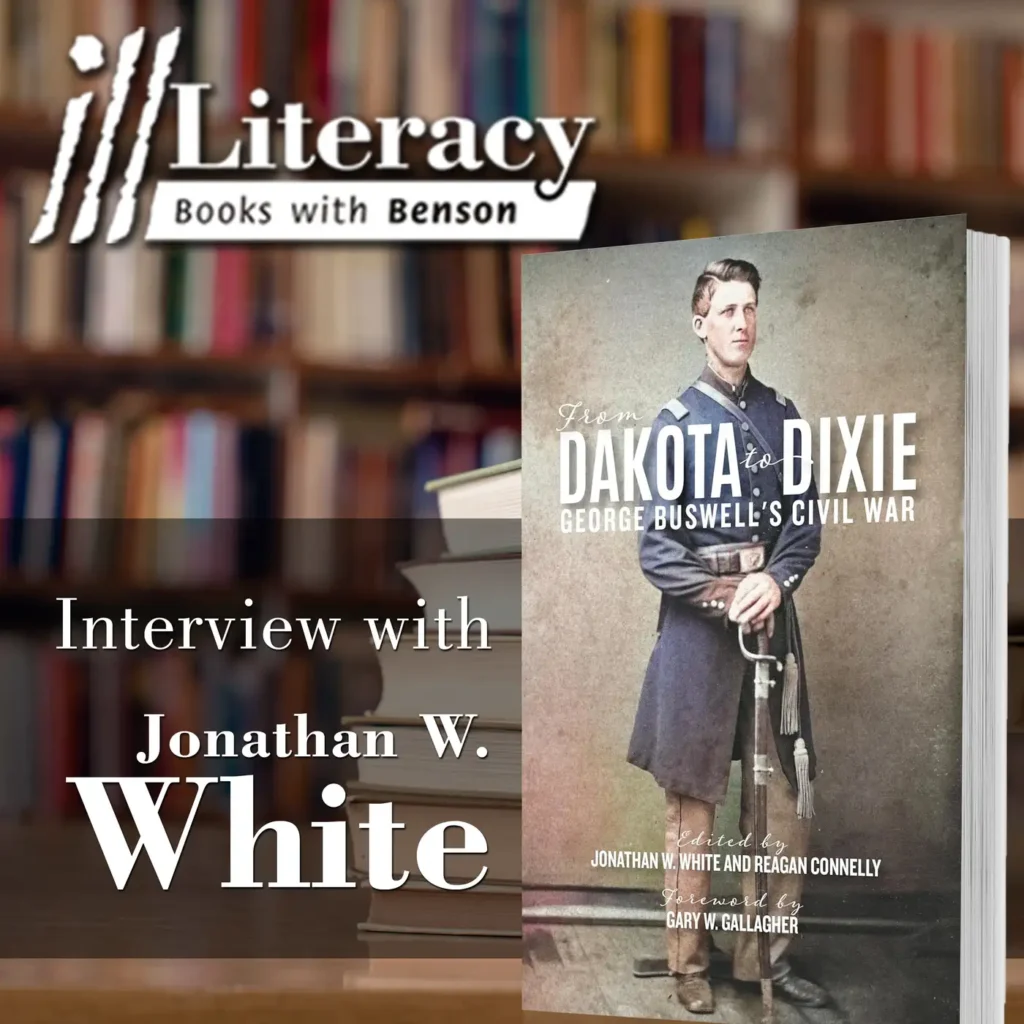Students and teachers from schools coast to coast had the opportunity not just to celebrate during National School Choice Week (January 26–February 1), but also to learn from a genuine civil rights and school choice pioneer: Virginia Walden Ford.
Several of the 51,300 sites participating in NSCW featured free screenings of the movie Miss Virginia, at which Ford appeared, signed books, and answered questions. The film vividly dramatizes the five-year and ultimately successful battle of Ford and DC Parents for School Choice to gain congressional approval of “opportunity scholarships” (aka vouchers), empowering families with private choice.
See the movie when you can, NSCW attendees, because it compellingly tells the story of parents challenging the D.C. establishment and making the case that families deserve other options when their assigned government-run schools are dangerous dead ends. But perhaps even more importantly, read the book: Virginia Walden Ford’s recently released memoir, School Choice: A Legacy To Keep (Beaufort Books).
In this important work, students will learn some American history, which isn’t taught nearly enough in today’s schools. Specifically, they will learn about the courage and determination it took for African-Americans to stand up for their educational rights as Southern politicians resisted or slow-walked compliance with the historic 1954 Supreme Court ruling (Brown v. Board of Education) that racial barriers must fall in school admissions.
Those were the formative years for the real Miss Virginia. In her native Little Rock, a key school desegregation battleground, she and her twin sister Harrietta were in the second wave of black students assigned to integrate Little Rock Central High School in 1967. The sisters weren’t keen on that. They begged their parents, both of whom were career public school educators, to let them stick with an all-black school.
In her memoir, Ford recalls that her mom and dad “explained to us how during their youth, attending a school like Central seemed like an unattainable dream. They never got that chance, but now that the system had changed, we needed to seize the opportunity to get a quality education. They told us that if we did not stand up and attend the newly integrated schools, it would affect our younger siblings and their own education.”
The sisters came to understand and embrace their parents’ guidance. In her memoir, Ford said she learned by example to fight back against injustice when doors to educational opportunity slammed shut in families’ faces. At the same time, her parents taught the “importance of kindness, compassion, and love.” In short: “To open minds, to open doors, and to make change, you must first open hearts.”
It is a testament to her Christian upbringing that this school choice pioneer did not become embittered for life by some of the hateful racist behavior she and her peers encountered. Some teachers ignored Ford and other black students, refusing ever to call on them, as though they were non-persons. One white kid directed the vile “n-word” at her every single day.
At home, violence was a clear and present danger because of the hooded haters known as the Ku Klux Klan.
After her dad, William Harry Fowler, was promoted to be the first black school administrator in Little Rock, the Klan cretins creeped by on a winter night in 1967 and threw a large rock through a back window of the family home. It landed in baby sister Renee’s crib. Then they ignited a huge, hideous cross on the front lawn.
(A few years earlier, I experienced a little of that horrifying hatred myself when a Klansman—identified as such later by local police—tried to force my car off a lonely road in Southside Virginia in hopes, I assume, of killing me. My sin in his eyes: that as a newspaper reporter I had interviewed a black civil rights worker over a cup of coffee at a local restaurant.)
Now fast-forward to the late 1990s, when government schools no longer enforced racial segregation. Was it no longer necessary for parents to battle for educational freedom? No, indeed. Such activism was—and is—just as crucial as ever.
As a single parent in Washington D.C., Ford was horrified to encounter teachers in 1997 at her youngest son’s public elementary school declaring him “incapable” of learning because of his struggle (ultimately successful) to overcome a congenital speech defect. Ford implored school officials to do their job or agree to options, but they gave her the bureaucratic cold shoulder. “Miss Virginia” tells the story of how this one brave mom’s refusal to take no for an answer ultimately to led to the first federal voucher program, the D.C. Opportunity Scholarships, extending private choice to thousands of underprivileged children stuck in failing public schools.
It occurs to me that the threat of violence is a cloud that still looms over the education landscape, as it did in the 1960s. A traumatizing event for Ford’s son came at age 11 when a good friend was beaten so horribly that he suffered paralysis. The attackers berated him for “acting smart” – a common barb bullies direct at studious kids.
In a new, richly detailed Policy Brief, two of my Heartland Institute colleagues document the numerous ways students come to feel unsafe in the modern school environment, among them: physical and emotional bullying (including cyber-bullying), hazing, sexual abuse or harassment, gang-related activity, and “random acts of violence.” From scads of data gleaned from official reports, this statistic stood out for me: At some point during the past year, an estimated 4.8 million kids skipped school because they were afraid of being bullied. More than 500,000 children stayed home “many times” to avoid further bullying.
When a school is so dangerous a child is afraid to go to class, parents ought to be able to put him or her in a better, more humane school without delay. To make that possible, the Heartland scholars have developed a workable proposal for Child Safety Accounts (CSAs) that would enable parents to draw from state education funds to pay for tuition, online classes, therapies, transportation, or other services that could help their traumatized child find a safe haven for learning free from fear.
State by state, CSAs could build on the pioneering breakthrough in school choice that Virginia Walden Ford and others achieved 15 years ago with the Opportunity Scholarships in the federal city.



